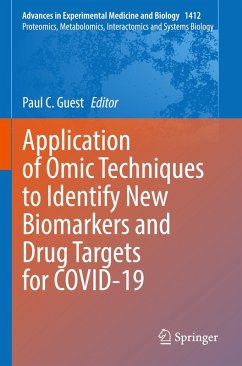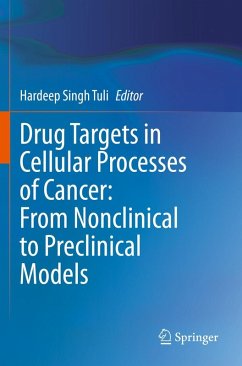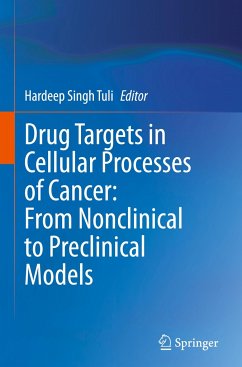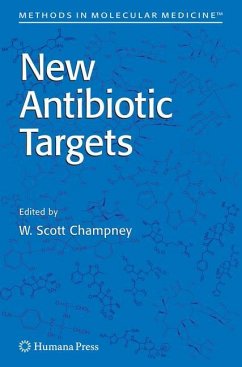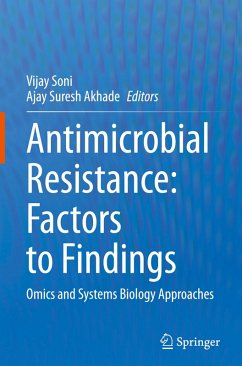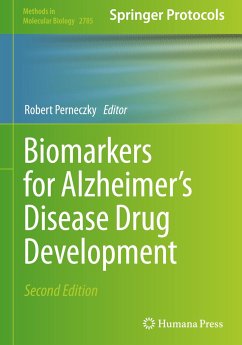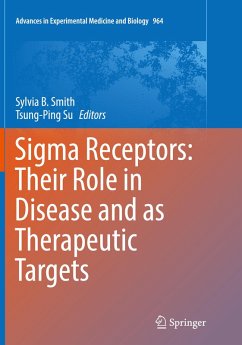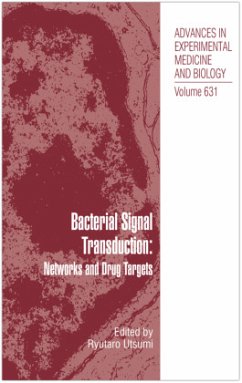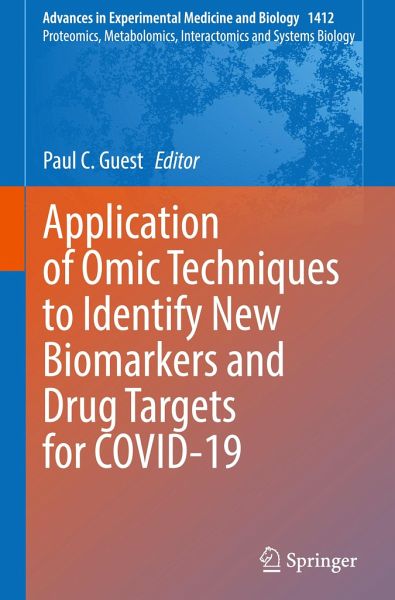
Application of Omic Techniques to Identify New Biomarkers and Drug Targets for COVID-19

PAYBACK Punkte
57 °P sammeln!
The COVID-19 pandemic caused by the SARS-CoV-2 virus has affected nearly every country and territory in the world. Although worldwide vaccination efforts have reduced the risk of serious disease outcomes, disparities in distribution have led to multiple waves of SARS-CoV-2 outbreaks and the emergence of variants of concern, some of which have enhanced infectivity and ability to evade existing vaccines. Hence there is an increasing interest in understanding the evolution of viruses like SARS-CoV-2, as well as improving our capacity to effectively current and manage future pandemics.This new vol...
The COVID-19 pandemic caused by the SARS-CoV-2 virus has affected nearly every country and territory in the world. Although worldwide vaccination efforts have reduced the risk of serious disease outcomes, disparities in distribution have led to multiple waves of SARS-CoV-2 outbreaks and the emergence of variants of concern, some of which have enhanced infectivity and ability to evade existing vaccines. Hence there is an increasing interest in understanding the evolution of viruses like SARS-CoV-2, as well as improving our capacity to effectively current and manage future pandemics.
This new volume reviews the most effective omic techniques for increasing our understanding of COVID-19, to improve diagnostics, prognostics, and genomic surveillance, and to facilitate development of effective treatments and vaccines. Chapters are written by an international team of experts and explore methods in the areas of genomics, transcriptomics, proteomics, and metabolomics. Techniques used toassess physiological function at the molecular level and artificial intelligence approaches used for more effective validation and translation of biomarker candidates into clinical use are also discussed. This book is an excellent resource for researchers studying biomarkers, virology, metabolic diseases, and infectious diseases, as well as clinical scientists, physicians, drug company scientists, and healthcare workers.
This new volume reviews the most effective omic techniques for increasing our understanding of COVID-19, to improve diagnostics, prognostics, and genomic surveillance, and to facilitate development of effective treatments and vaccines. Chapters are written by an international team of experts and explore methods in the areas of genomics, transcriptomics, proteomics, and metabolomics. Techniques used toassess physiological function at the molecular level and artificial intelligence approaches used for more effective validation and translation of biomarker candidates into clinical use are also discussed. This book is an excellent resource for researchers studying biomarkers, virology, metabolic diseases, and infectious diseases, as well as clinical scientists, physicians, drug company scientists, and healthcare workers.





